NASA considers sending scientists to ISS in 2023
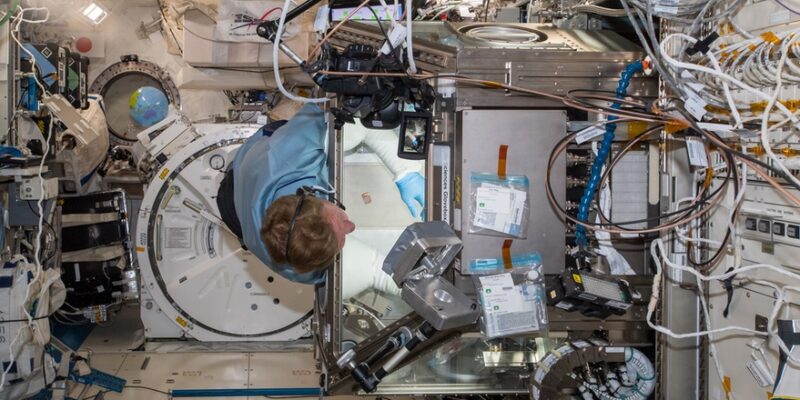
” We seek to bring scientists back into space “, at the July 13 meeting of the National Academy of Sciences Committee on the Decadal Survey of Biological and Physical Sciences Research in Space, Craig Kundrot, director of NASA Division of Biological and Physical Sciences, said.

Craig Kundrot
As we all known, Challenger launch disaster[1], which changed payload specialist requirements and made fly civilians in space (such as scientists, teachers or journalists) almost impossible.
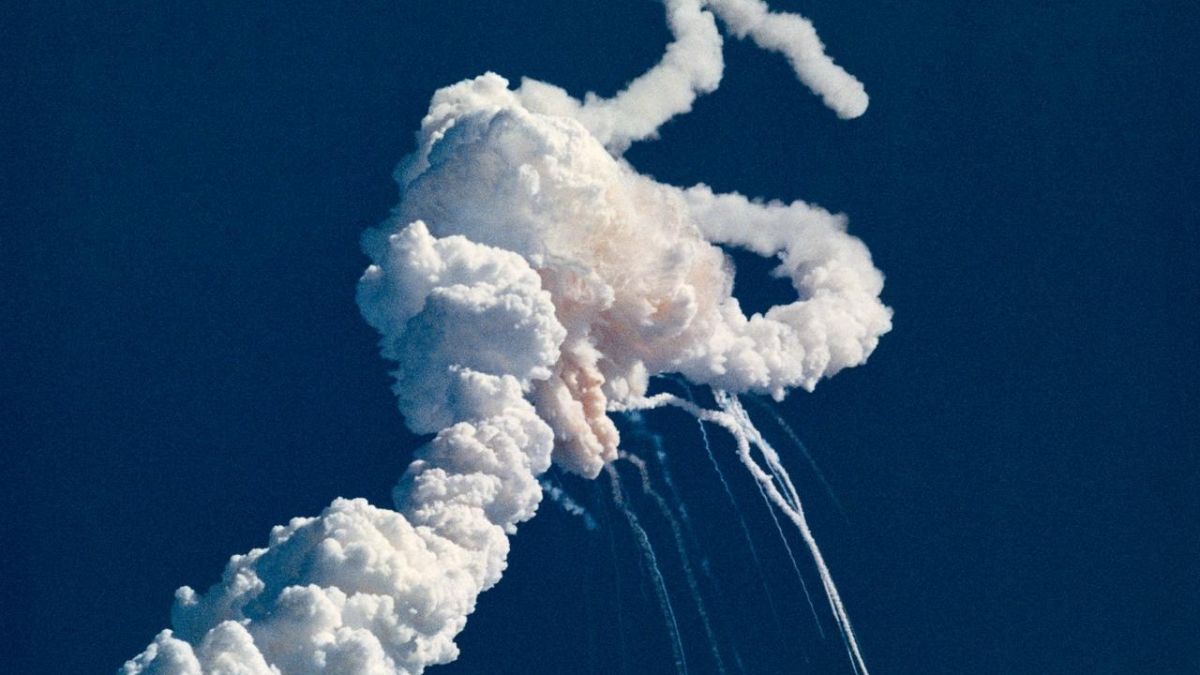
Challenger disaster
But now NASA is revisiting those requirements. NASA plans to seek funding in fiscal year 2023, which begins in October, for a new program that will send scientists to the International Space Station along with astronauts.
NASA cited a July 13 report on a strategy[2] for future biological and physical science research in space developed by the committee of the National Academy of Sciences.
The committee will review the state of knowledge in current and emerging areas of space biological and physical science research and develop recommendations for a comprehensive vision and strategy for a decade of transformative science at the frontiers of biological and physical science research in space. And help NASA identify and align biological and physical science research to advance scientific knowledge in unique ways that meet the needs of human and robotic exploration missions and provide terrestrial benefits.

NASA astronaut and biologist Kate Rubins successfully sequenced DNA in the ISS
Kundrot said that flying scientists on commercial missions could accelerate the pace of research because the scientist will be present on the station, rather than waiting for results of experiments performed on the station to be returned to Earth for analysis. ” In some disciplines, ” he said, ” this could easily produce a factor of 10-fold increase in speed of research, and even 100-fold .”
If NASA finds funding for the program, it could lead to unexpected breakthroughs in cutting-edge U.S. scientific research.
Reference:

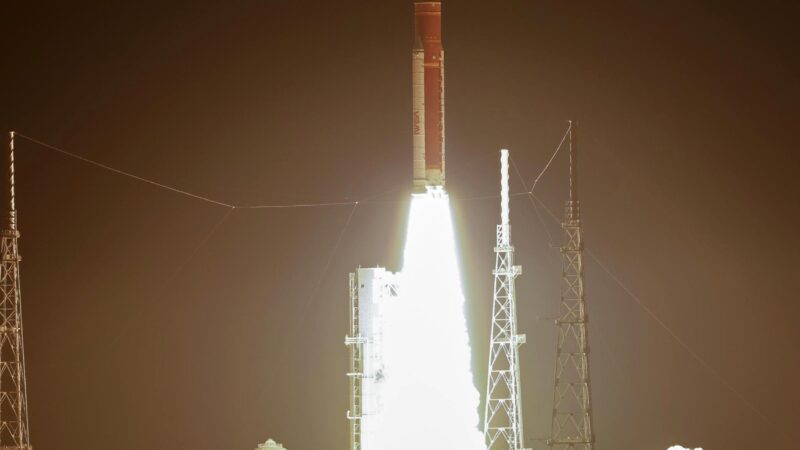
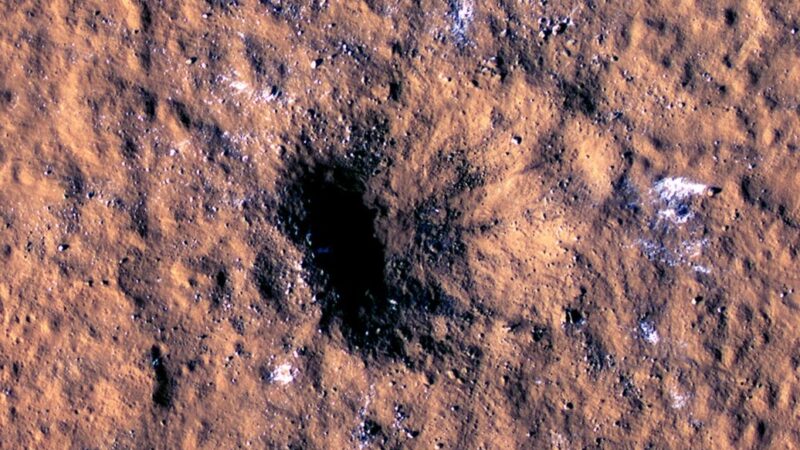
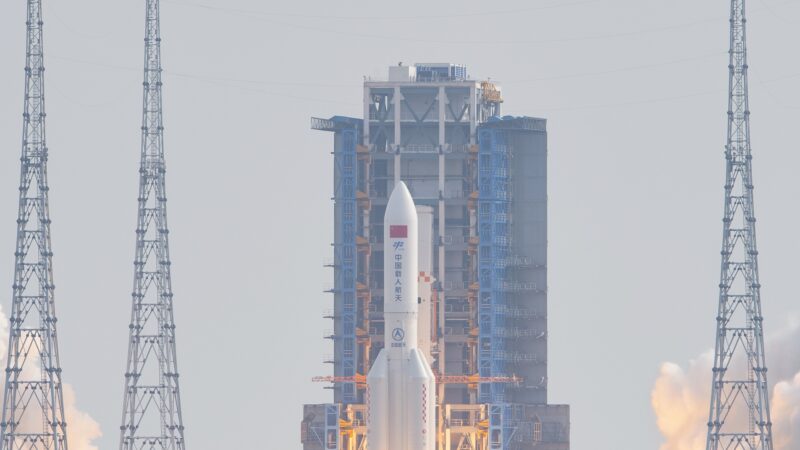
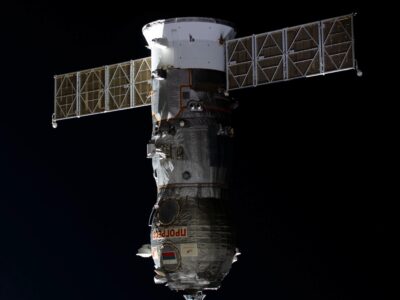
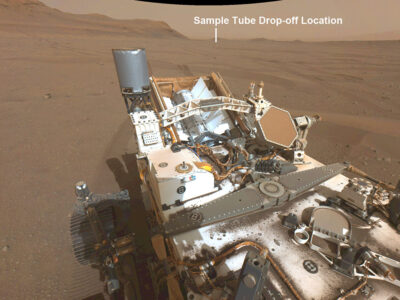
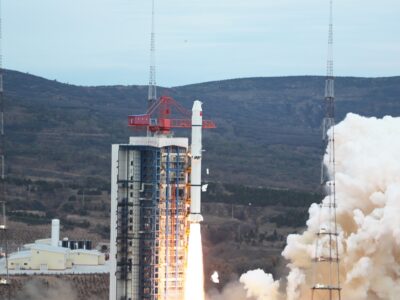
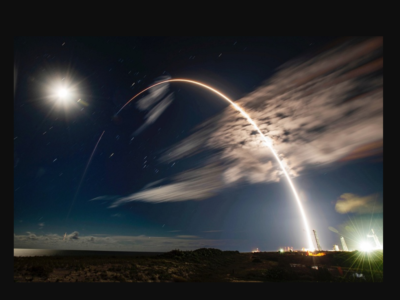
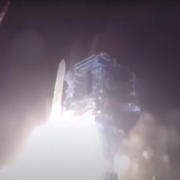
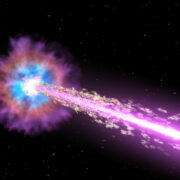
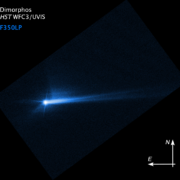
I hope that the scientists in the space will make more contributions to the development of science